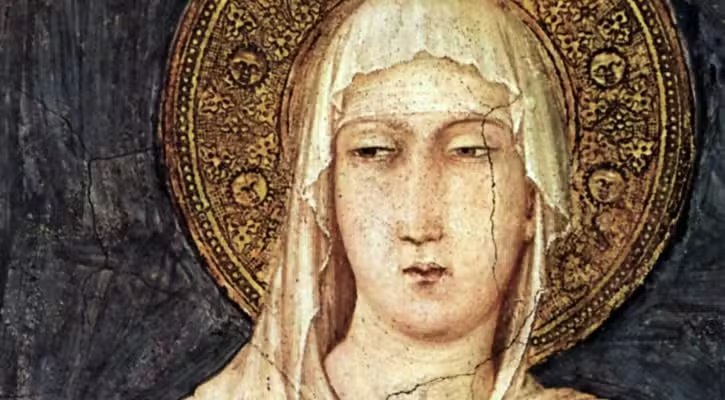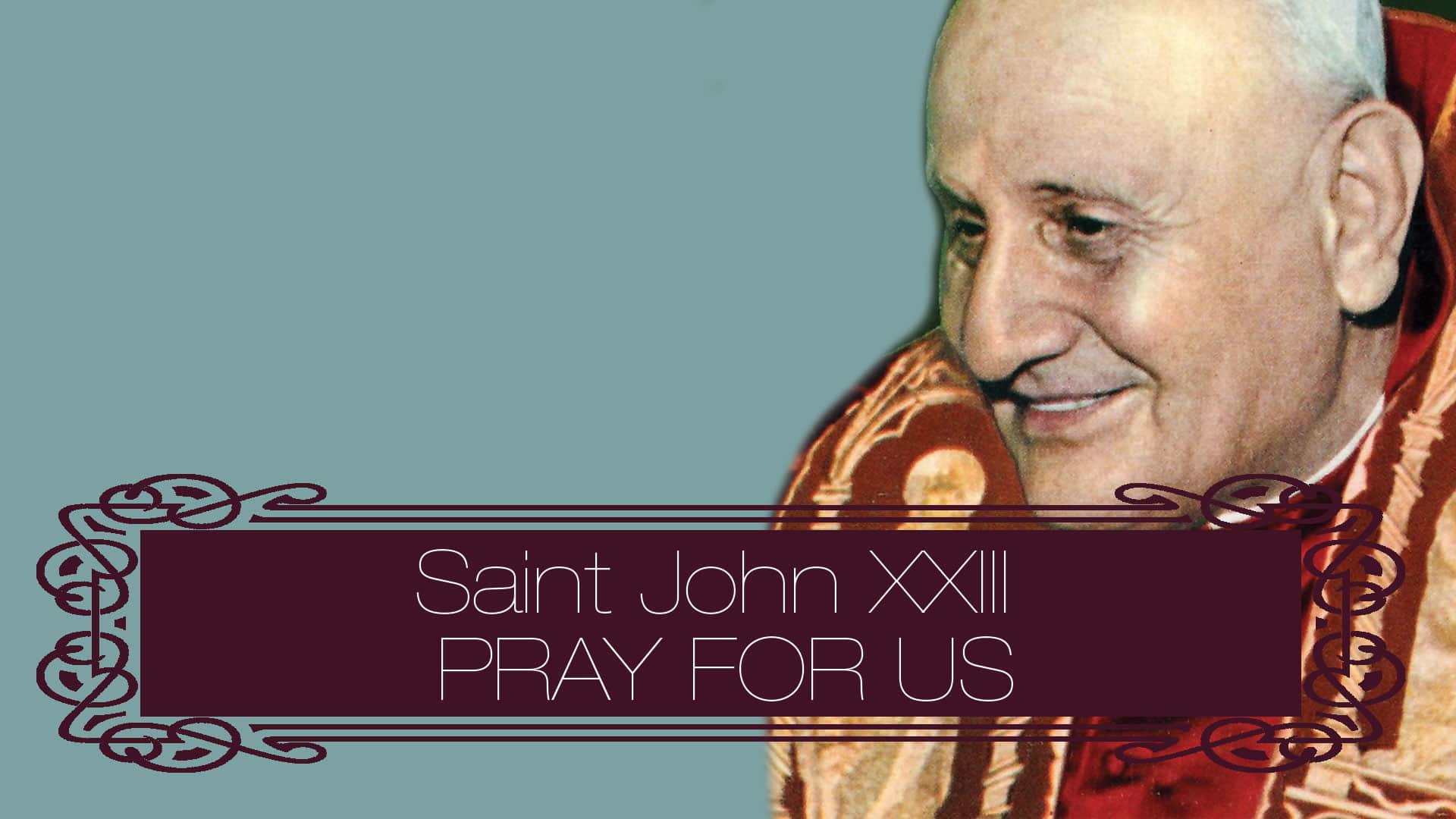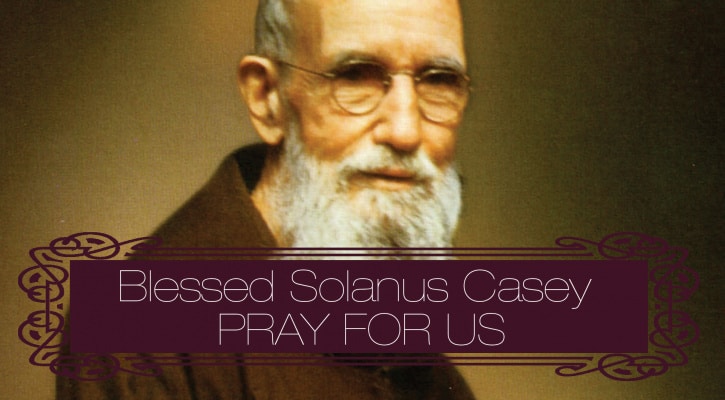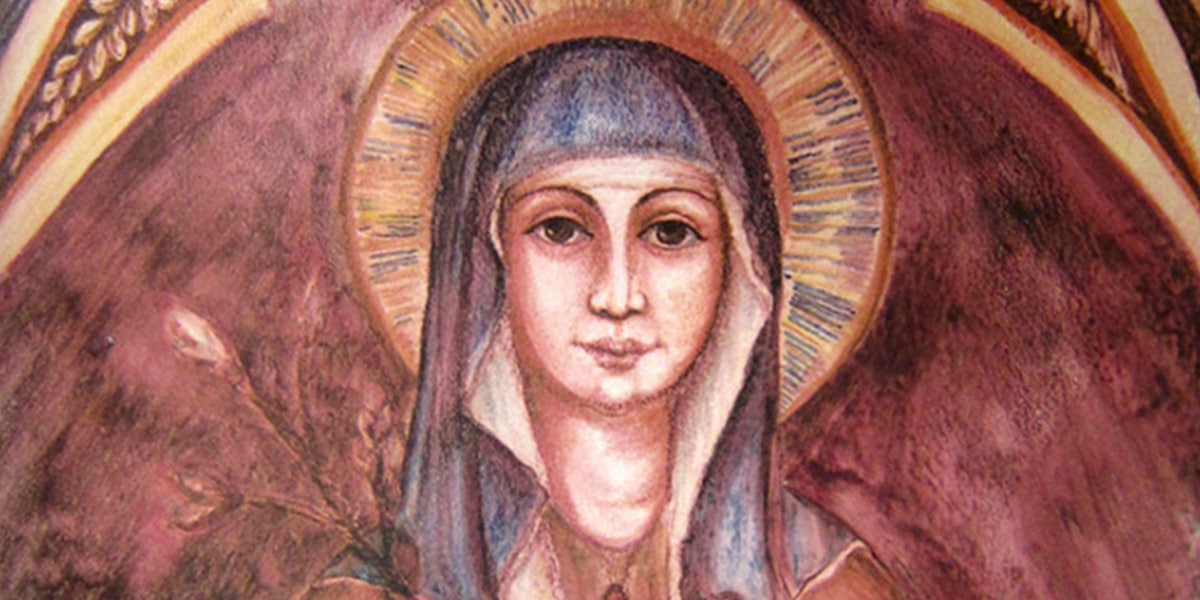
Film Reviews with Sister Rose
Sister Rose Pacatte, FSP, reviews Eighth Grade, Ant-Man and the Wasp, and Unbroken: Path to Redemption.
Find what you’re looking for

Sister Rose Pacatte, FSP, reviews Eighth Grade, Ant-Man and the Wasp, and Unbroken: Path to Redemption.

In an era when people form and reinforce their opinions entirely within a chosen bubble of like minds, any earnest quest for truth seems almost quaint. How did truth become so passé?

East of the Piazza del Commune in Assisi, stands the Cathedral of San Rufino. Near the church and its adjacent piazza once stood the home of the nobleman and knight, Favarone Offreduccio and his wife, Ortulana.

I have an announcement to make: My kids are not perfect. They never have been; they never will be. They throw fits, argue with one another, cop attitudes, and don’t always listen very well. They’re kids. And I love them more than anything.
And here’s my second announcement: I’m not a perfect mom. In fact, I don’t know any mom who is. I lose my temper, feed my kids fast food more than I should, let them watch too much TV, and probably should scale back on their activities.

Pope John XXIII, as Pope Francis said, “was a country priest, the priest who loves all the faithful, who knows how to care for the faithful, and this he did as a bishop, and as a nuncio.”

Capuchin Friar, Mystic
(1887–1968)
Padre Pio, a Capuchin friar of peasant background, spent virtually his entire life in a monastery in southern Italy. In most respects he was indistinguishable from his fellow friars. But for some mysterious purpose, Padre Pio was set apart. For the thousands of pilgrims who flocked to hear him say Mass, or to have him hear their confessions, or simply to rest their gaze on his bandaged hands, he was living proof for the existence of God.

Capuchin Friar
(1870–1957)
Solanus Casey, the son of Irish immigrants in Wisconsin, felt called to the priesthood after witnessing a drunken sailor stabbing a woman. Somehow, this scene of sin and suffering caused Casey to dedicate himself to God and to promote God’s love as the answer to the world’s troubles.

During the 50th anniversary of a key year in the civil rights movement, St. Francis School looks to the future in Mississippi.

A Zen Buddhist teacher I know recently shared with me a famous saying from his tradition: “Before enlightenment, chop wood and carry water. After enlightenment, chop wood and carry water.”

She gave up a world of privilege for a world of poverty. Her profound faith is a model for us all.